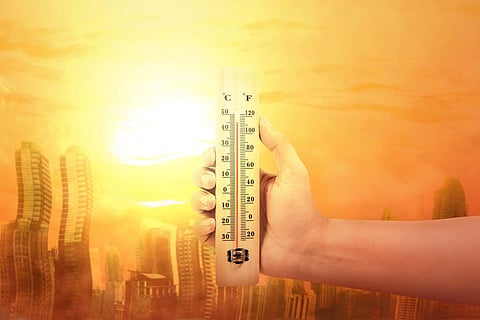MONDAY, Sept. 23, 2024 (HealthDay News) -- Extreme temperature-related deaths are projected to increase considerably by the mid-21st century in the contiguous United States, according to a study published online Sept. 20 in JAMA Network Open.
Sameed Ahmed M. Khatana, M.D., M.P.H., from the University of Pennsylvania Perelman School of Medicine in Philadelphia, and colleagues examined the burden of extreme temperature-related deaths in the contiguous United States from 2008 to 2019 and estimated the burden in 2036 to 2065. Historical daily mean temperatures were used to calculate monthly extreme heat and extreme cold days for all contiguous U.S. counties for the current period (2008 to 2019). Extreme temperature-related deaths were estimated for the mid-21st-century period based on projections from 20 climate models and county population projections.
The researchers found that extreme temperature days were associated with 8,248.6 deaths annually in the current period and with 19,348.7 and 26,574.0 projected deaths, respectively, in the Shared Socioeconomic Pathway (SSP)2-4.5, which assumes an intermediate level of challenges to climate change mitigation and adaptation, and the SSP5-8.5, which represents fossil-fueled development scenarios. The mortality data included 30,924,133 decedents, with 6.3, 11.5, and 79.3 percent of Hispanic ethnicity, non-Hispanic Black race, and non-Hispanic White race, respectively. Greater increases in extreme temperature-related deaths were projected from the current period to the mid-21st century for non-Hispanic Black and Hispanic adults versus White adults (278.2 and 537.5 percent, respectively, versus 70.8 percent).
"Along with efforts to reduce greenhouse gas emissions, efforts to mitigate the adverse outcomes of extreme temperatures for population health are needed," the authors write.
One author disclosed ties to Abiomed, Edwards Lifesciences, and Biosense Webster.
Abstract/Full Text


